carnegieendowment.org/research/202...

carnegieendowment.org/research/202...
#cleanenergy #climateaction
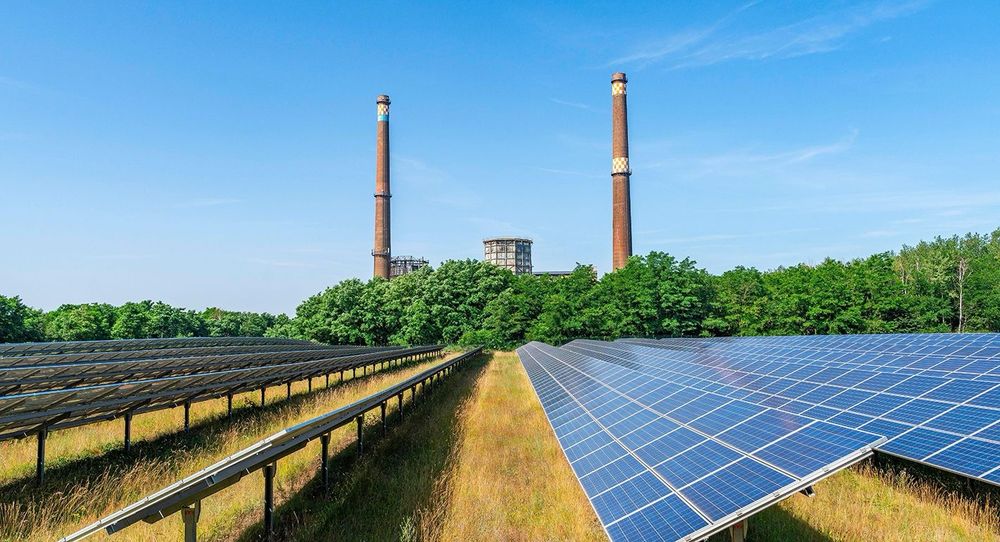
#cleanenergy #climateaction
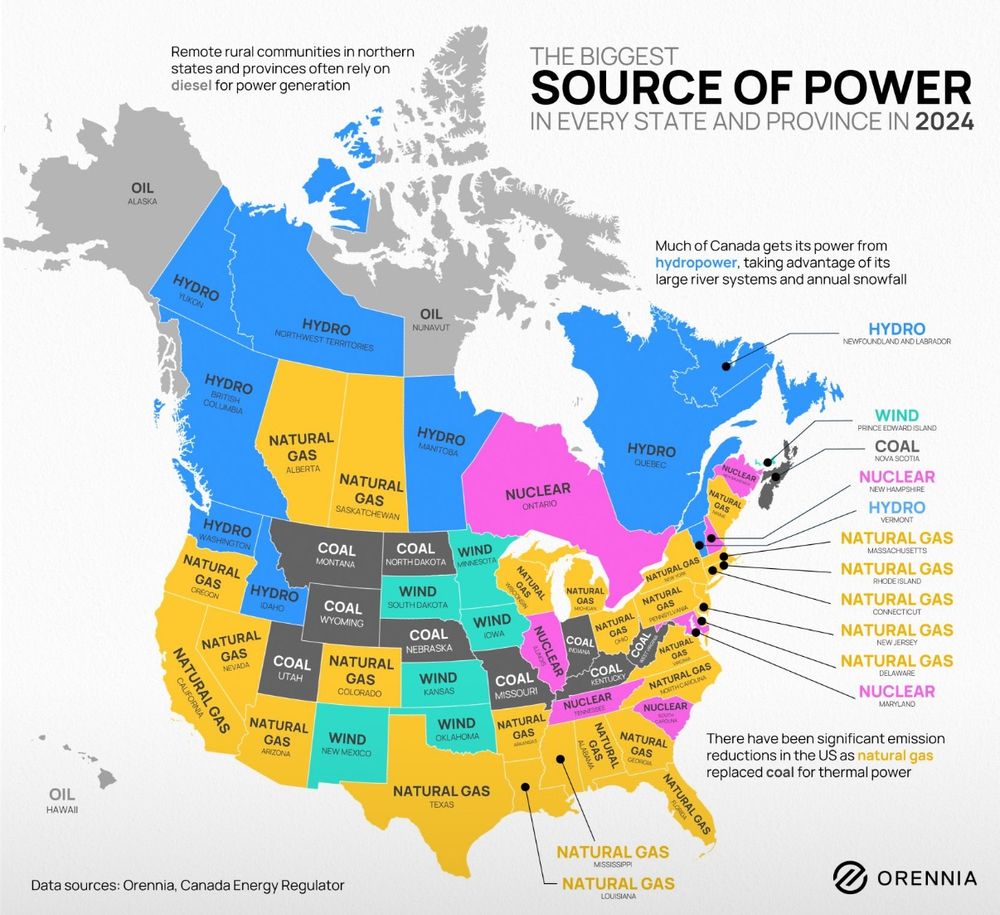
www.axios.com/2025/03/13/f...
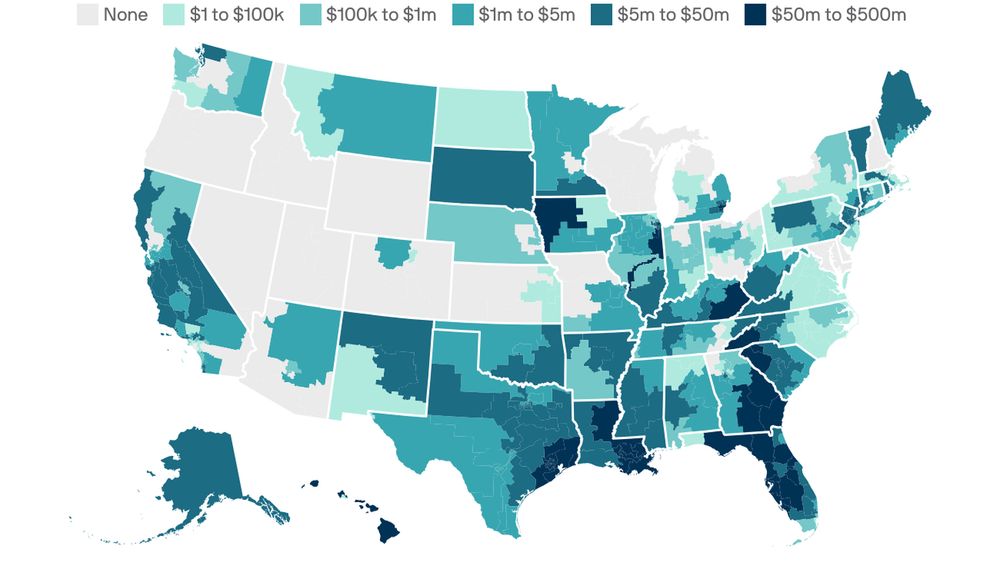
www.axios.com/2025/03/13/f...
📝Today, the taskforce released its final report and recommendations: t.co/yQtyxNDLPT

📝Today, the taskforce released its final report and recommendations: t.co/yQtyxNDLPT
carnegieendowment.org/emissary/202...
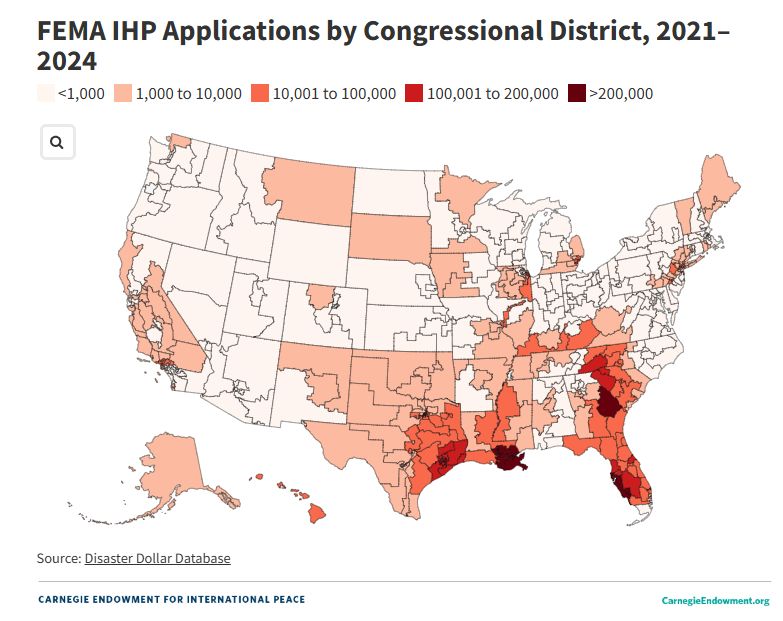
carnegieendowment.org/emissary/202...
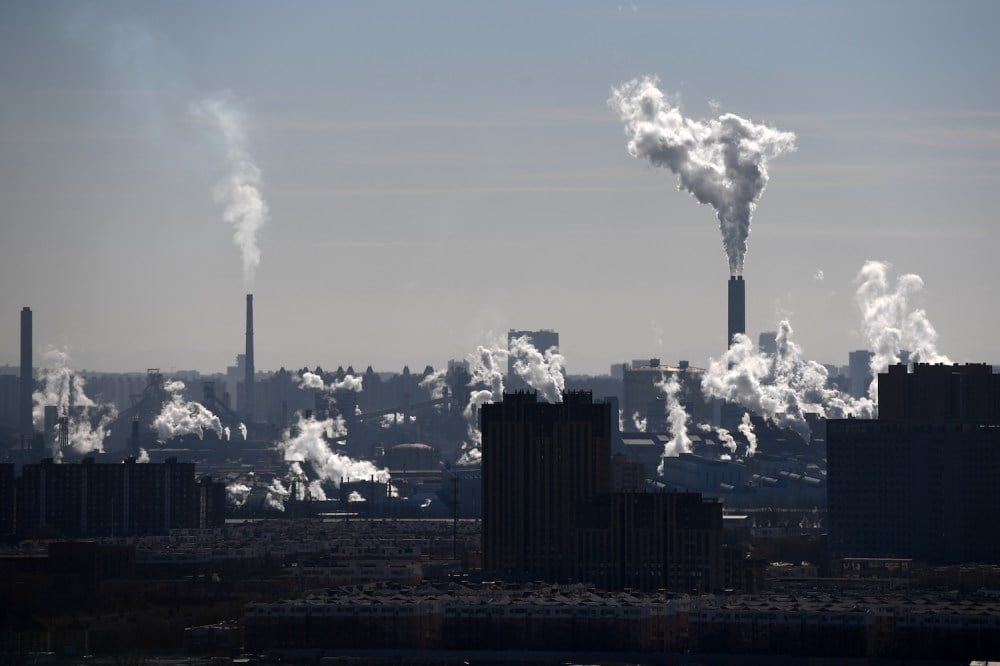
m.youtube.com/watch?v=WcsU...
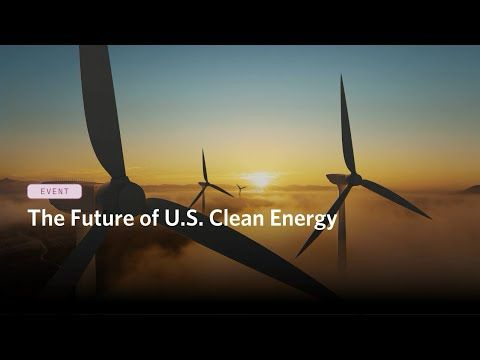
m.youtube.com/watch?v=WcsU...
carnegieendowment.org/research/202...
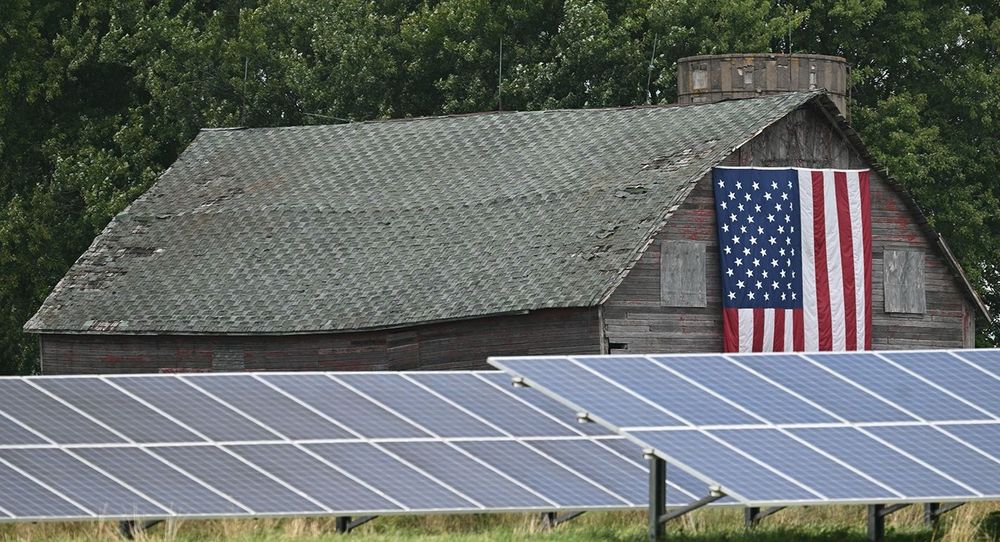
carnegieendowment.org/research/202...
carnegieendowment.org/features/dis...
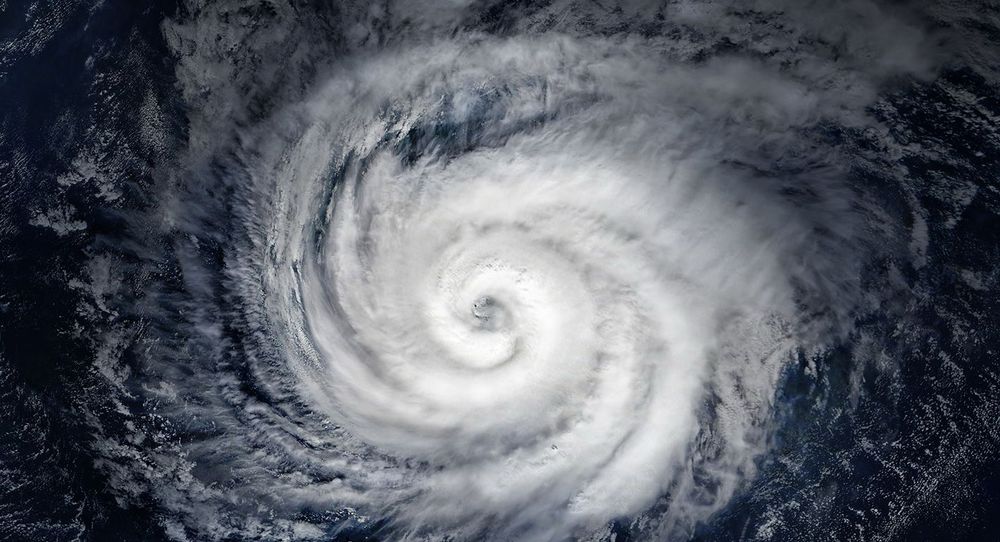
carnegieendowment.org/features/dis...
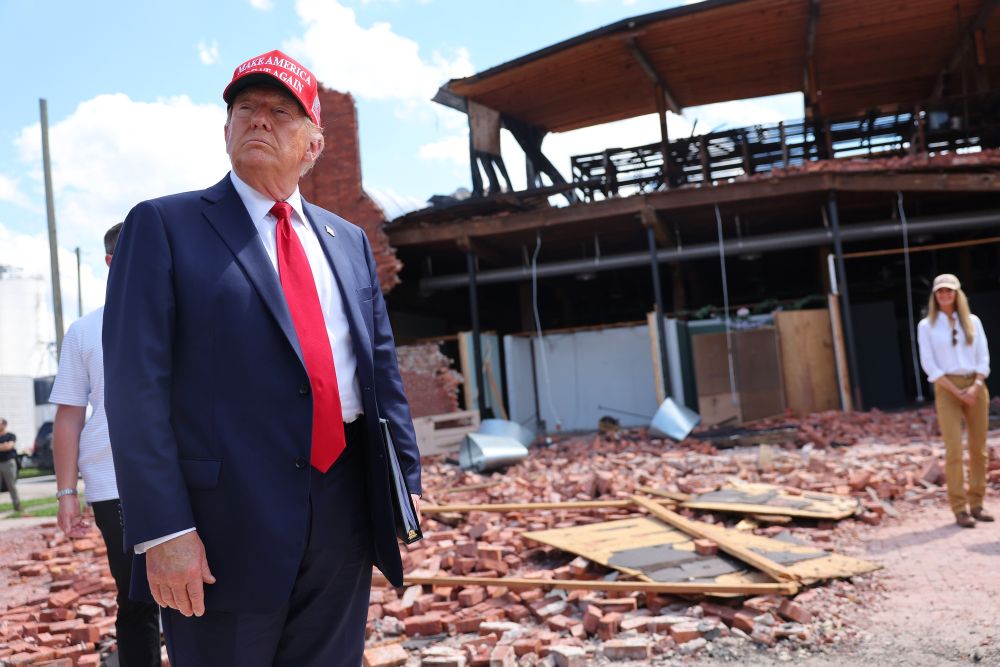



Watch this space.
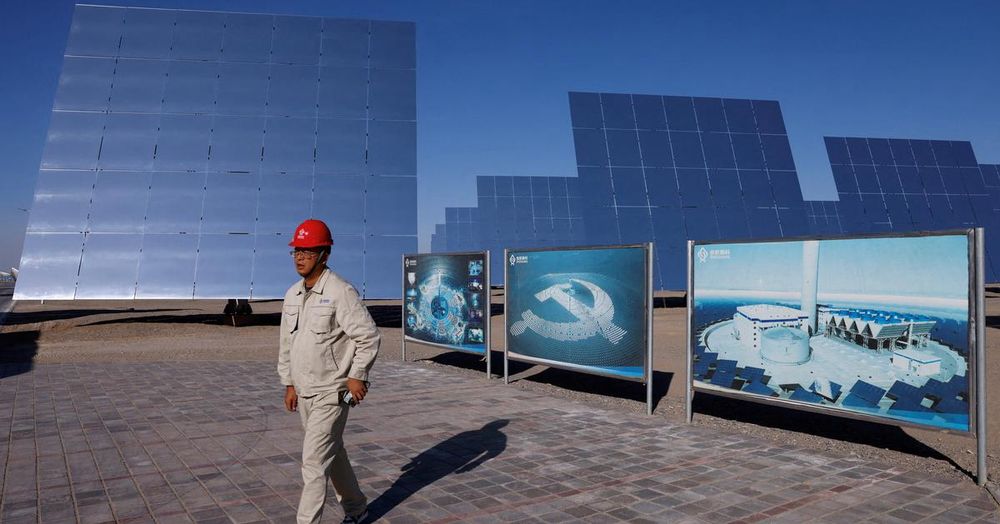
Watch this space.
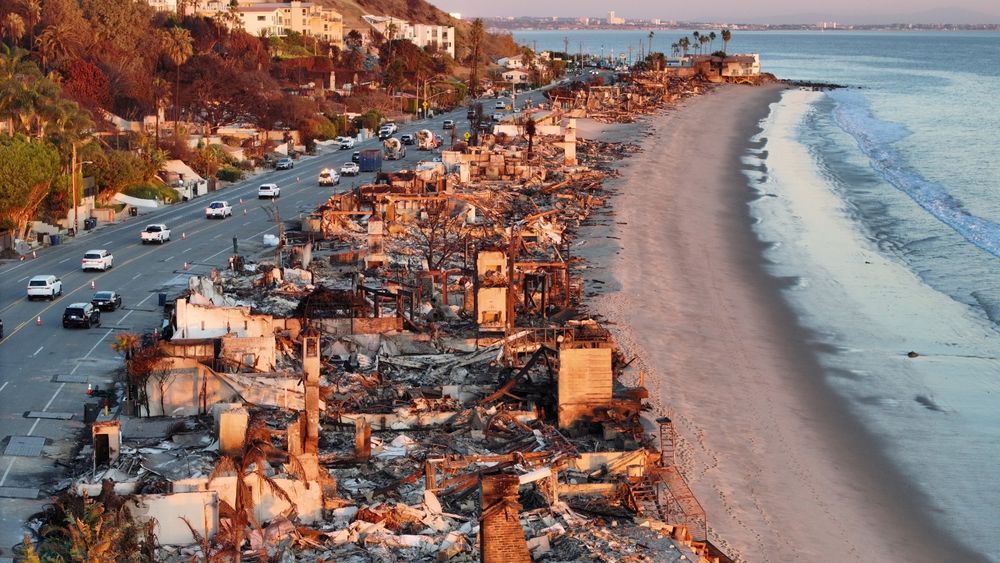

$30 million is small, but it's an important first step to unlocking this untapped, high-reward resource. Hope to see more this.
#Geothermal
#EnergySky
$30 million is small, but it's an important first step to unlocking this untapped, high-reward resource. Hope to see more this.
#Geothermal
#EnergySky
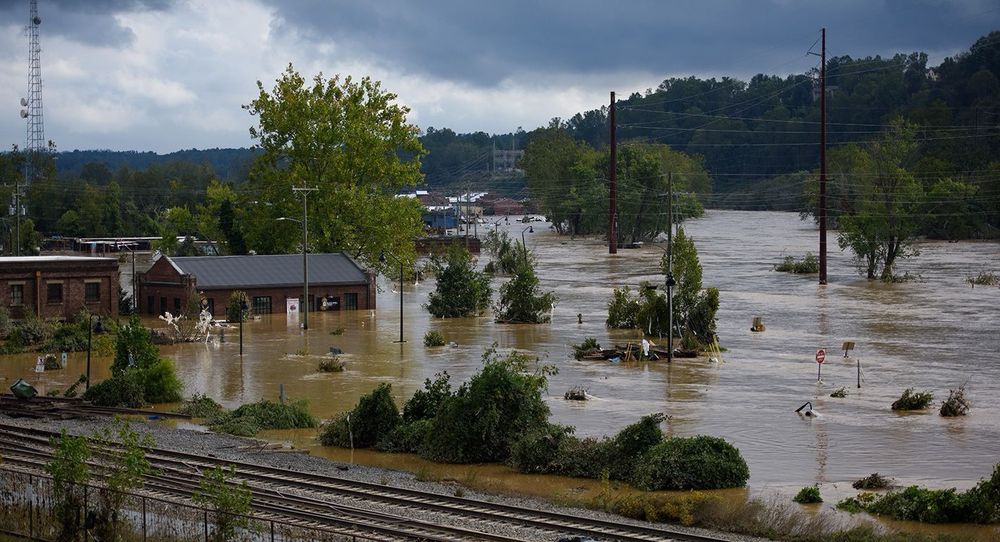
My team member @milomcbride.bsky.social explains what Washington needs to do to catch up:
the-world-unpacked.simplecast.com/episodes/can...

My team member @milomcbride.bsky.social explains what Washington needs to do to catch up:
the-world-unpacked.simplecast.com/episodes/can...
carnegieendowment.org/emissary/202...
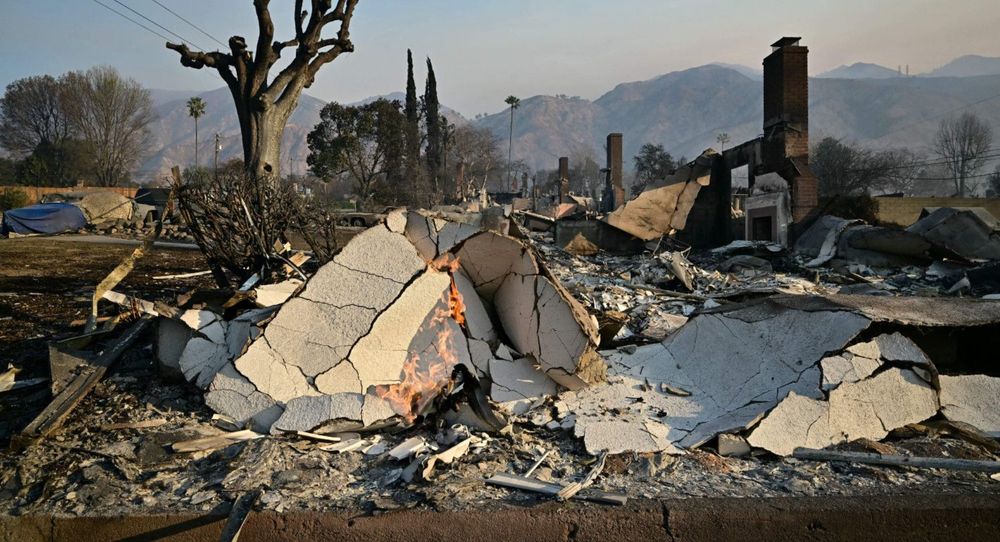
carnegieendowment.org/emissary/202...
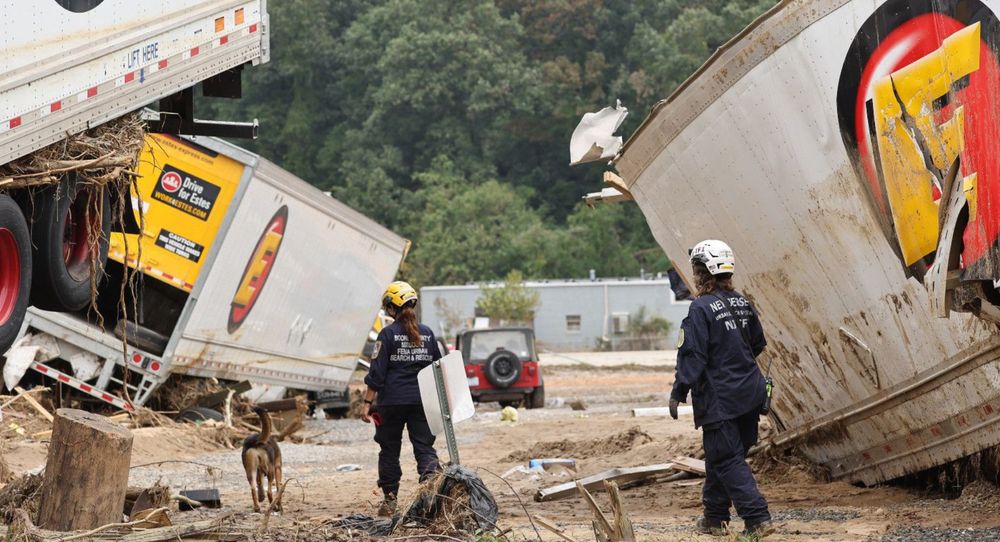
More on CA from my colleague @scrawford.bsky.social:
susanpcrawford.substack.com/p/what-happe...
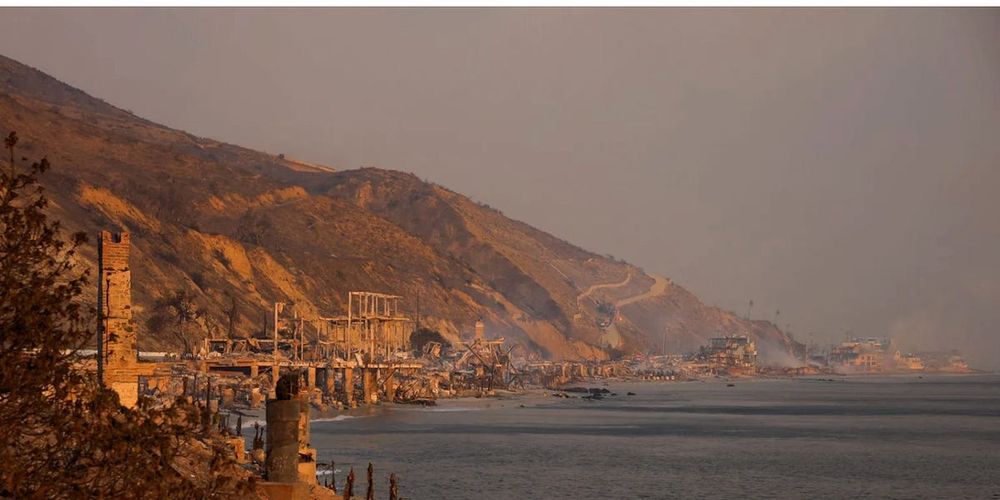
More on CA from my colleague @scrawford.bsky.social:
susanpcrawford.substack.com/p/what-happe...


